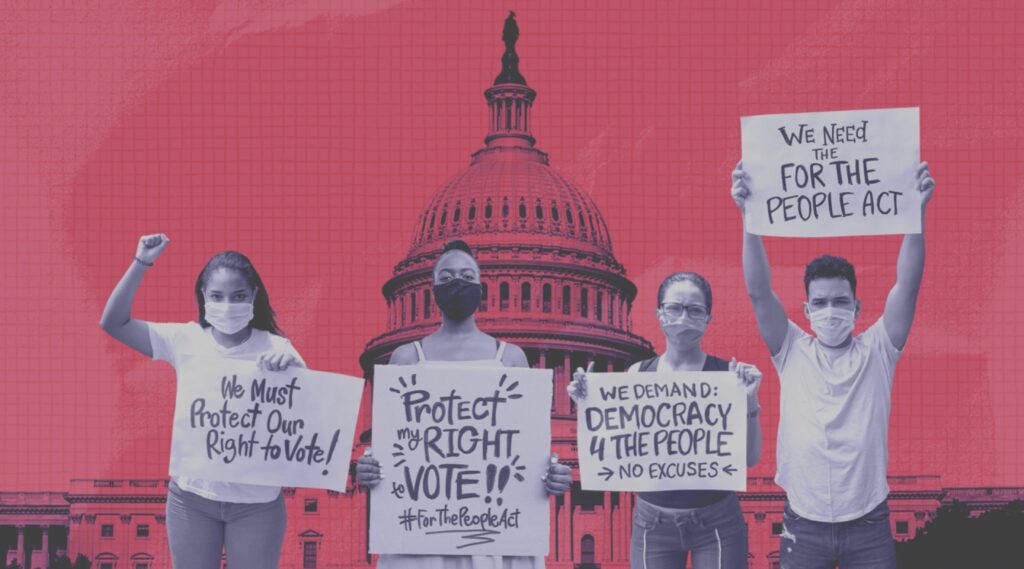
Democracy: How It Should Be Run
Democracy is a system of governance that is based on the will of the people. It allows the citizens of a country to have a say in the decision-making process and ensures that their voice is heard. However, for democracy to function effectively, it needs to be run in a certain way. In this article, we will explore how democracy should be run and what steps can be taken to ensure it functions as it should.
Introduction
Democracy is a form of governance that has been adopted by many countries across the world. It is based on the principle of popular sovereignty, where the people have the power to elect their leaders and make decisions on matters that affect them. However, democracy is not just about holding elections and having a constitution. It requires a certain set of values and principles to be in place to ensure that it functions as it should.
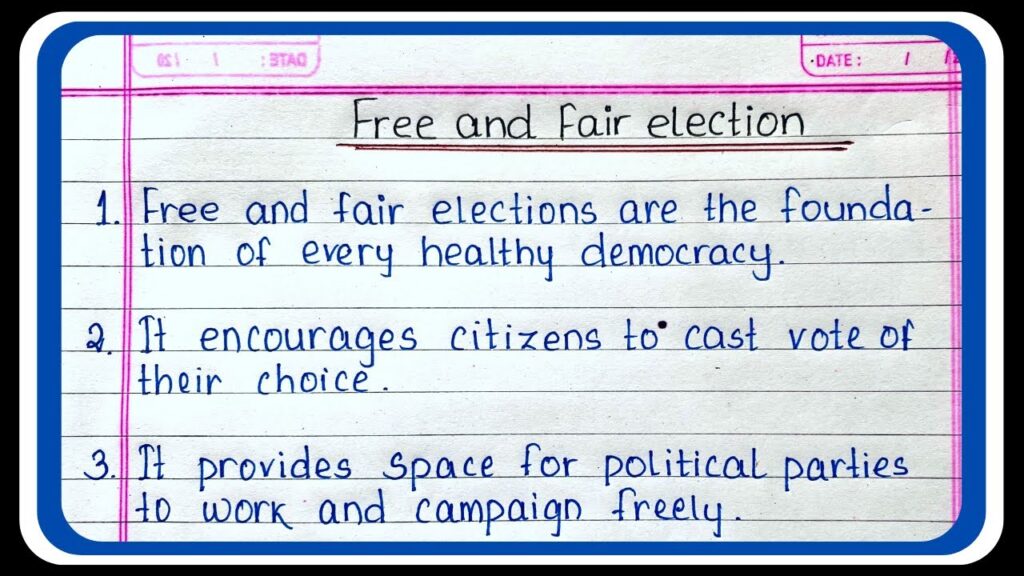
The Importance of Free and Fair Elections
Free and fair elections are an essential aspect of any democratic society, including India. These elections play a critical role in ensuring that people have the right to choose their representatives and that their voices are heard. In India, elections are held at regular intervals to elect the members of the Lok Sabha, Rajya Sabha, and state legislative assemblies.
One of the most crucial aspects of free and fair elections is that they provide an equal opportunity to all political parties and candidates to contest the elections. This ensures that people have a wide range of choices and can choose the candidate who best represents their views and aspirations. In India, the Election Commission plays a crucial role in ensuring free and fair elections by regulating the electoral process and enforcing the Model Code of Conduct.
Another critical aspect of free and fair elections is that they are conducted transparently and impartially. This means that the election process must be free from any kind of coercion, intimidation, or manipulation. In India, the use of electronic voting machines has made the electoral process more transparent and has reduced the scope for malpractices.
Free and fair elections are also essential for the smooth functioning of a democratic society. They provide an opportunity for people to participate in the decision-making process and hold their representatives accountable. In India, the voter turnout in recent elections has been high, indicating the growing awareness and interest of people in the democratic process.
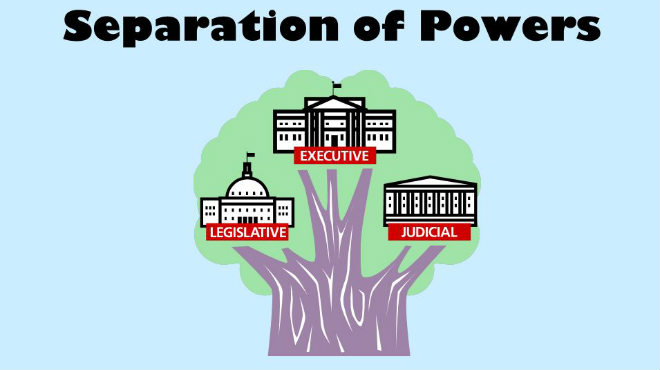
Separation of Powers
In India, the concept of separation of powers is enshrined in the Constitution, which divides the powers of the government into three branches: the legislature, the executive, and the judiciary. This ensures that no single branch of government has complete control over the affairs of the state, thereby preventing the abuse of power.
The legislature, consisting of the Lok Sabha and the Rajya Sabha, is responsible for making laws and overseeing the functioning of the executive. The executive, headed by the Prime Minister, is responsible for implementing the laws and policies of the government. The judiciary, headed by the Supreme Court, is responsible for interpreting the laws and ensuring their enforcement.
The Indian Constitution also establishes the principle of checks and balances, which allows each branch of government to limit the power of the other branches. For example, the judiciary has the power of judicial review, which allows it to declare laws passed by the legislature or actions taken by the executive as unconstitutional. Similarly, the legislature can impeach the President and other high officials of the executive for misconduct or violation of the Constitution.
However, in practice, the separation of powers in India is not always clearly defined, and there have been instances of overlap and conflict between the branches of government. This highlights the need for a stronger adherence to the principles of separation of powers and checks and balances to ensure a healthy and functioning democracy in India.
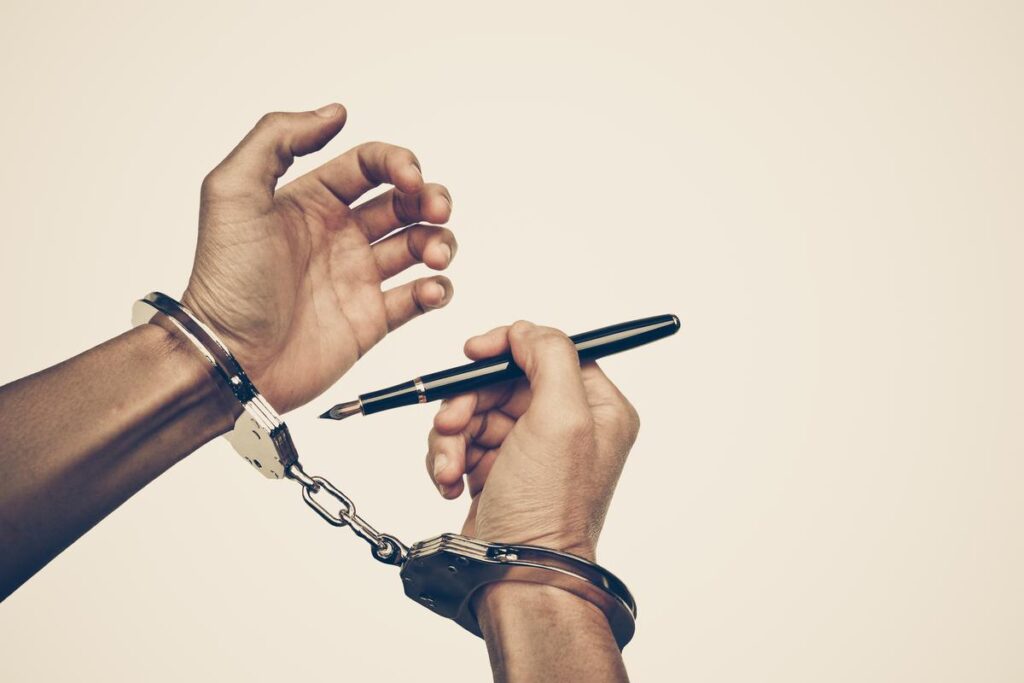
Freedom of the Press
Freedom of the press is a fundamental pillar of a democratic society. It is an essential right that enables journalists to report on events and issues without fear of censorship or persecution. The free flow of information and ideas is crucial to a functioning democracy, and the press plays a vital role in providing citizens with the information they need to make informed decisions.
Without freedom of the press, those in power can control what information is disseminated to the public. This can lead to a situation where the government can manipulate the narrative and suppress any dissenting views. In contrast, a free press ensures that a diversity of voices and opinions are represented, which promotes healthy debate and dialogue.
Furthermore, the press serves as a watchdog, holding those in power accountable for their actions. Journalists can investigate and report on instances of corruption or abuse of power, which is crucial in ensuring that those in positions of authority are acting in the best interests of the public.
Overall, a free press is necessary for the proper functioning of a democratic society. It ensures that citizens have access to the information they need to make informed decisions and holds those in power accountable for their actions. Without freedom of the press, democracy is at risk of becoming a tool for those in power to control the narrative and suppress dissenting voices.

Civil Society
Civil society plays a vital role in the functioning of a democracy. It is an essential component that enables citizens to participate actively in public life, hold the government accountable, and contribute to policymaking. The role of civil society in a democracy is multifaceted and includes advocating for civil rights, promoting social justice, fostering public dialogue, and supporting participatory decision-making.
To work effectively, civil society organizations should be independent, diverse, and inclusive. They should represent a range of interests and perspectives to ensure that the government is responsive to the needs and priorities of all citizens, not just a privileged few. Civil society should also engage in constructive dialogue with the government, hold it accountable for its actions, and provide alternative policy proposals.
Another critical aspect of civil society is its ability to mobilize and educate citizens about their rights and responsibilities and encourage their participation in public affairs. This can take the form of campaigns, protests, and other forms of peaceful activism, which can create pressure on the government to address citizen concerns and promote positive change.
Finally, civil society organizations should be transparent and accountable themselves. They should operate following high ethical standards and be accountable to their members and stakeholders. This ensures that they maintain public trust and credibility, and can effectively contribute to democratic governance.
In summary, civil society is a crucial component of democratic governance, and its role includes advocacy, public dialogue, citizen mobilization, and accountability. To work effectively, civil society organizations should be independent, diverse, and inclusive, and operate following high ethical standards.
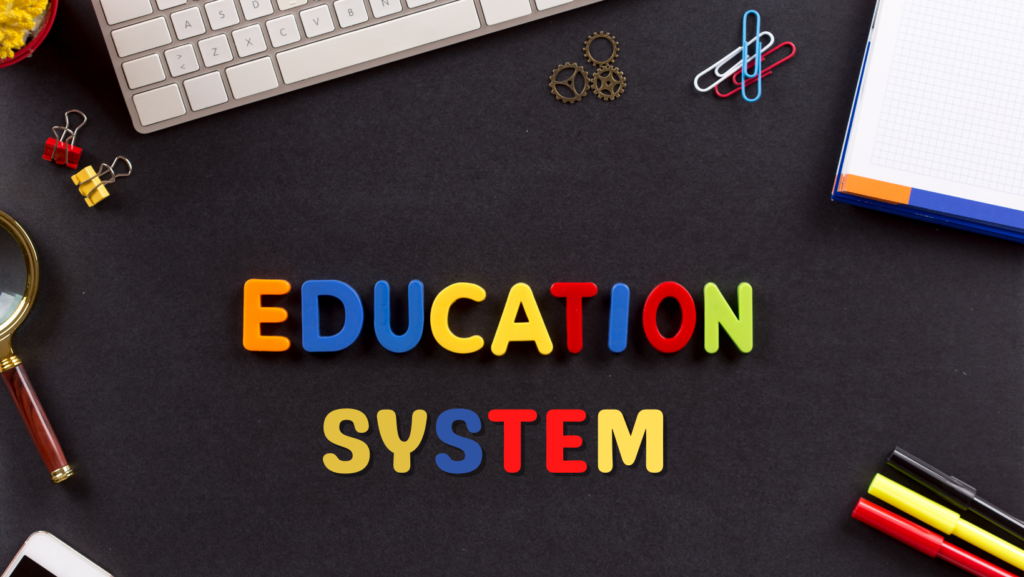
The Role of Education
Education plays a crucial role in fostering and maintaining a healthy democracy. It is essential for citizens to have the knowledge, skills, and critical thinking abilities necessary to participate effectively in the democratic process. Education equips citizens with the tools to engage in informed decision-making, understand the complexities of public policy, and hold their elected officials accountable.
One of the key aspects of education’s role in democracy is its ability to promote civic engagement. Through education, citizens can learn about their rights and responsibilities as members of a democracy, as well as the importance of participating in the electoral process. Education also provides individuals with the ability to understand and appreciate the diversity of perspectives and experiences that make up a democratic society.
In addition, education is essential in promoting social cohesion and reducing inequality. By providing all citizens with access to high-quality education, regardless of socioeconomic status or background, democracies can create a more level playing field, where everyone has an equal chance to participate and succeed. This, in turn, can help to reduce social and economic inequalities, which can undermine the stability of democratic societies.
Ultimately, education is a key pillar of any healthy democracy. By ensuring that citizens are well-informed, engaged, and empowered, education helps to create a society where everyone has a voice, and where the collective will of the people can be translated into meaningful change.
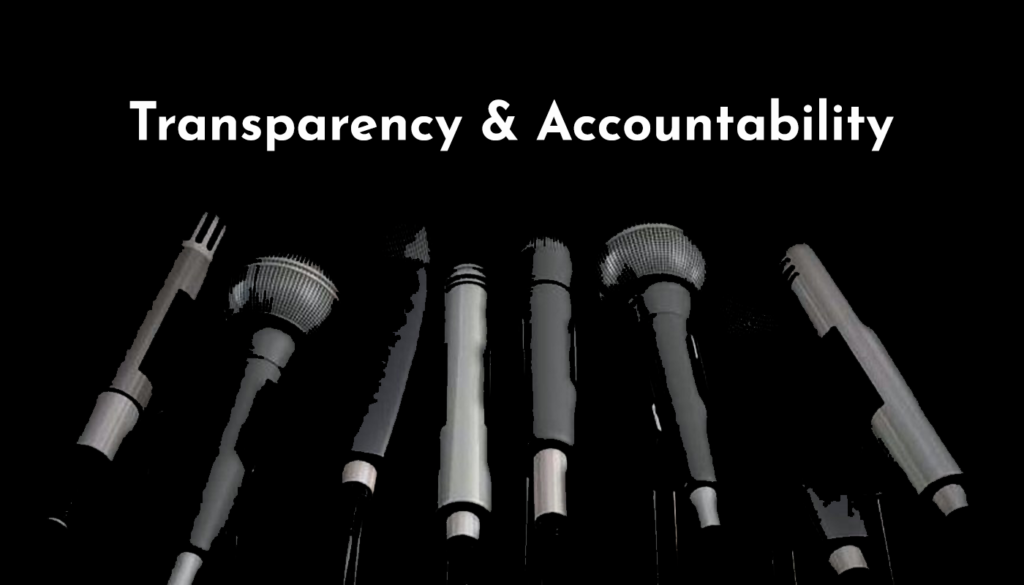
Transparency and Accountability
Transparency and accountability are critical elements of a functioning democracy. Transparency means that the public has access to information about government decisions and activities, while accountability ensures that government officials are responsible for their actions and are held to account by the public.
In a democracy, transparency helps to promote informed decision-making and allows citizens to hold their government officials accountable for their actions. When government officials are transparent about their activities and decision-making processes, citizens can better understand how their government operates and can make informed decisions when voting or engaging in political advocacy.
Accountability is also essential for ensuring that government officials act in the best interests of the public. When officials are held accountable for their actions, they are less likely to engage in corrupt or unethical behavior. This, in turn, promotes public trust in government institutions and ensures that democratic processes are fair and transparent.
To achieve transparency and accountability in a democracy, there must be mechanisms in place to ensure that government officials are transparent about their activities and decision-making processes and that they are held accountable for their actions. These mechanisms can include freedom of information laws, independent watchdog agencies, and judicial review processes.
In summary, transparency and accountability are vital components of a functioning democracy. They promote informed decision-making, prevent corruption, and ensure that government officials are responsible to the public they serve.+
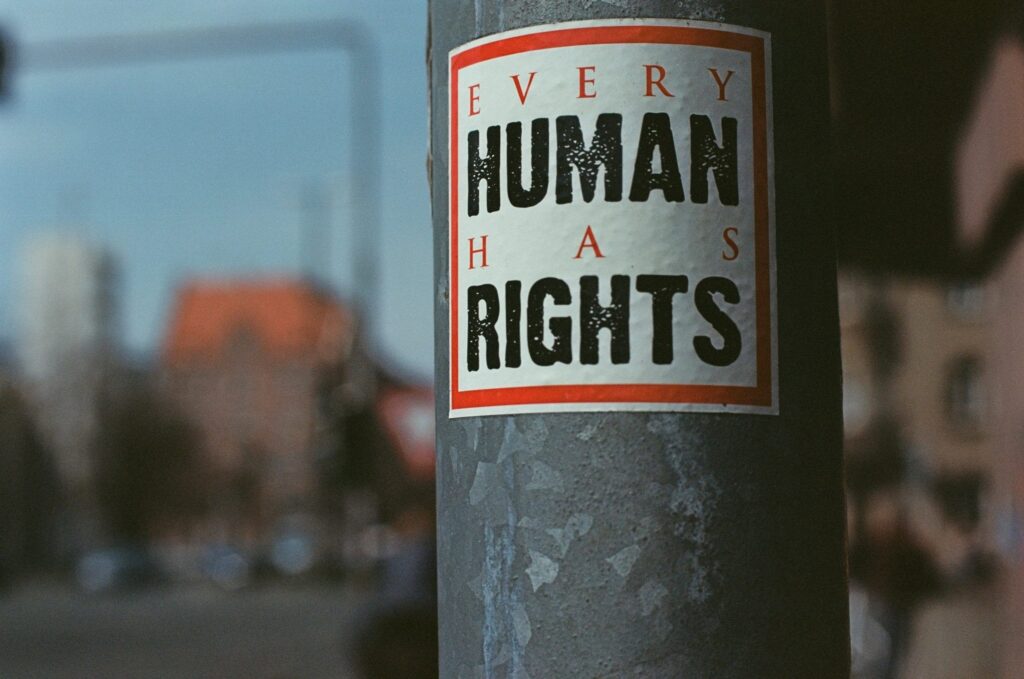
Respect for Human Rights
Respect for human rights is a fundamental aspect of democracy. In a democratic society, individuals have the right to express themselves freely, participate in the decision-making process, and be treated fairly under the law. These rights are protected by the government and the rule of law, ensuring that everyone is equal before the law and that no one is above it.
In a democratic society, the government is accountable to its citizens, and the citizens have the right to hold the government accountable for its actions. This accountability ensures that the government does not abuse its power and that it operates in the best interests of the people. The government must also respect the rights of minorities and marginalized communities, ensuring that they are not discriminated against or excluded from participating in the democratic process.
Furthermore, democracy provides individuals with the right to seek justice through an independent judiciary and legal system. This ensures that individuals have access to a fair trial and that their rights are protected. Additionally, the freedom of the press and the media are essential components of a democratic society. These freedoms allow individuals to express their opinions and hold those in power accountable for their actions.
In conclusion, respect for human rights is essential for democracy to function effectively. It ensures that individuals have the freedom to express themselves, participate in the decision-making process, and hold the government accountable. Additionally, the government must respect the rights of minorities, provide access to justice, and protect the freedom of the press and media. By upholding these values, a democratic society can thrive and provide its citizens with the tools they need to succeed.
Conclusion
Democracy is a form of governance that requires a set of values and principles to ensure its proper functioning. Free and fair elections, separation of powers, freedom of the press, and civil society are essential components of a healthy democracy. Free and fair elections provide an opportunity for people to participate in the decision-making process, while separation of powers prevents the abuse of power. Freedom of the press ensures that citizens have access to information to make informed decisions, while civil society organizations hold the government accountable and contribute to policymaking. Therefore, it is crucial to maintain these components to ensure the proper functioning of democracy.
Disclaimer
The information and opinions expressed in this article are solely those of the author and do not necessarily reflect the views or opinions of any organization, company, or individual. The article is meant for educational and informative purposes only and should not be taken as legal, social, or political advice. The author does not guarantee the accuracy, completeness, or suitability of the information provided, and is not liable for any losses, damages, or other consequences that may arise from the use of this information. The reader is encouraged to seek professional advice before making any decisions based on the information provided in this article. The author also reserves the right to modify, update, or delete any part of the article at any time without prior notice.

Insightful piece